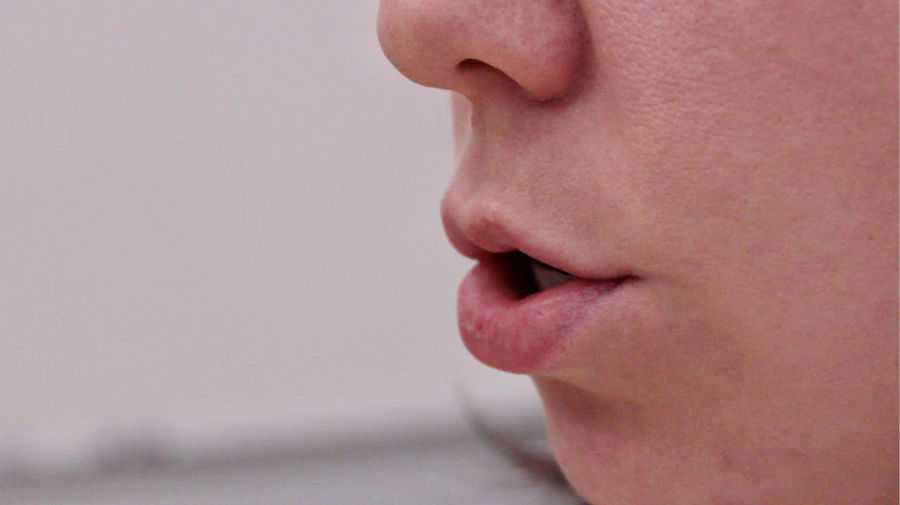Community, Leadership, Experimentation, Diversity, & Education
Pittsburgh Arts, Regional Theatre, New Work, Producing, Copyright, Labor Unions,
New Products, Coping Skills, J-O-Bs...
Theatre industry news, University & School of Drama Announcements, plus occasional course support for
Carnegie Mellon School of Drama Faculty, Staff, Students, and Alumni.
CMU School of Drama
Wednesday, November 17, 2021
The Most Dangerous Phrase
AMERICAN THEATRE: Who decides how actors should sound onstage? Why is “neutral” a goal in terms of speech? Who decides what is intelligible for audiences?
I spent the last eight years as a professor of voice and speech in a collegiate actor training program in New York City grappling with these questions.
Subscribe to:
Post Comments (Atom)

5 comments:
I honestly had never heard of this Standard Dialect being taught to actors before. I agree with the author of the article that teaching it as a foundational tool implies that a certain dialect (a white, middle class, American one) is what is the default and therefore the most important to know. I agree that educators should seek to shape the industry, not mimic it, especially when the precedent is based in racism. Not only does teaching Standard Dialect as a foundational tool perpetuate racism by forcible erasing an individual voice, but it is also completely irrational. Standard Dialect is not used in the industry, and I don’t think anyone feels that it is the “new” direction we should be going in, so why is it being taught? Sometimes institutions get so caught up in doing what has always been done in an effort to prepare us for the real world that they forget to make sure that is actually what is being done in the real world. I think refreshing staff more often and hiring people who are active in the industry is a good way to combat this.
Until I read this article, I had not heard of something called the standard dialect. Maybe it is because I did not grow up in the States or just a lack of knowledge, I did not know that something like this exists. And now that I know what it is and what it means to have it, I do not understand why it is still being taught in programs. I get that the dialect of cis, white, middle class American person was taught ten or twenty years ago. But I think that the society is aware and has, in some ways, progressed enough to realize that individual voices is the way to be. No person should be taught that they need to have a certain accent to make it big in the industry. I understand that one might have to learn different dialects and accents for their character. But I think that is very different than being taught the same dialect across the board to a class of aspiring performers.
Breaking down the phrase “this is how we have always done it” is a super relevant topic right now. In the School of Drama we have been attempting this for years, but have finally had a staunch opportunity to actually make headway with COVID affecting so many major aspects of our functioning. I never thought of it in terms of stage dialects. I have long thought about the absolute social persecution of dialects that do not sound “white and upper class,” because I have learned so much about how that standard of “professionalism” hurts non-white people all the time. There is no reason we should be met with resistance for trying to change these standards, but racism runs so strong in higher-ups that I could see how it would be near impossible to actually do. Professors feel comfort in teaching the same thing over and over for 20 years, and students are calling their bluff on it now. It is lazy and usually inherently racist, and we are done sticking to the status quo.
Like others who have commented, I had no idea that there were 'standard' dialects that are taught in theatre schools, and that seems like a practice that should have struck someone as harmful a long time ago. I don't know if we teach standard dialects at CMU or not, but I hope that we do not.
It's also worth noting that this doesn't just apply to those onstage. As Sammy pointed out, it's tied to a larger issue of 'professionalism' standards which again seek to force conformity to a white, Eurocentric, cis-gendered, and often male perspective in how we present ourselves. Even more than that, just how people use language daily can perpetuate these problems as well. The rules of grammar are skewed and defined largely by how white, upper-class, educated people use the English language. By enforcing only one style of grammar, we deny the value and validity of other everyday dialects, like AAVE.
The focus on idiolects was interesting, and not something I'd heard about before. This seems like a much better way to teach voice and speech, and should become the industry standard.
I actually had no idea that actors were being taught a standard dialect. I guess it never occurred to me since all plays and musicals seem to take place in different locations and time periods, so they’d all need different kinds of accents and dialects. So why would they teach a standard one when there isn’t so much of a standard anyway? I agree that actually taking a step back and re-evaluating this is important. While it seems on the surface pretty innocuous, like basically everything here, this practice is rooted in racism, classism, etc. The idea that certain ways of speaking are classified as “unprofessional” and “unintelligent” like AAVE, or Southern accents, pretty much enforces that affluent white people are above everyone else. This feels like everything else in the theatre industry. Teaching the same shit over and over for years because god forbid we allow for change and do anything new.
Post a Comment